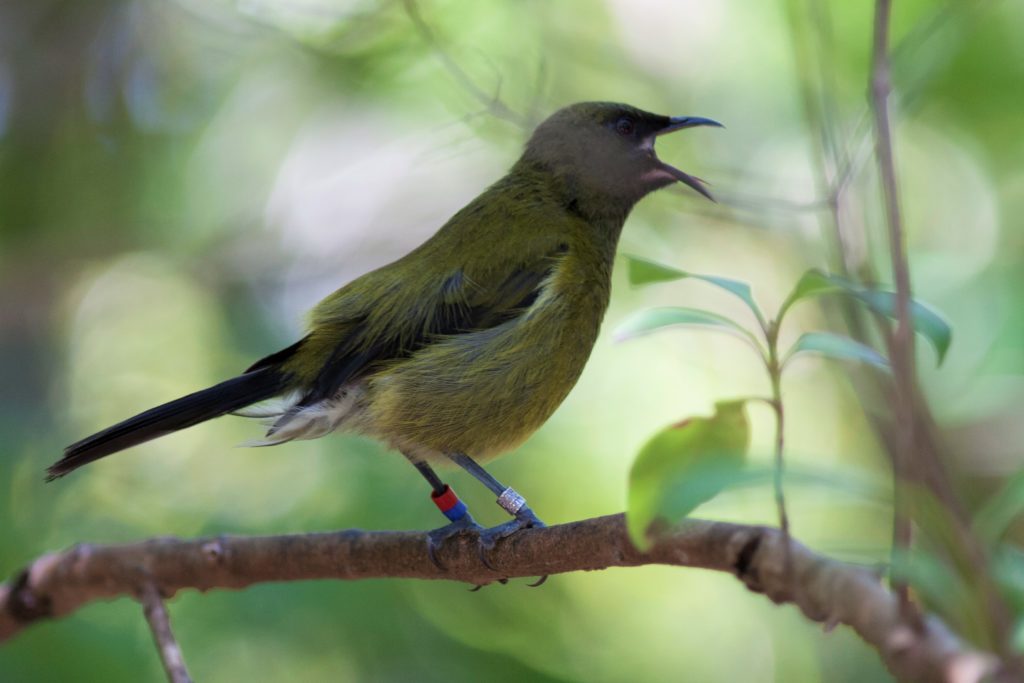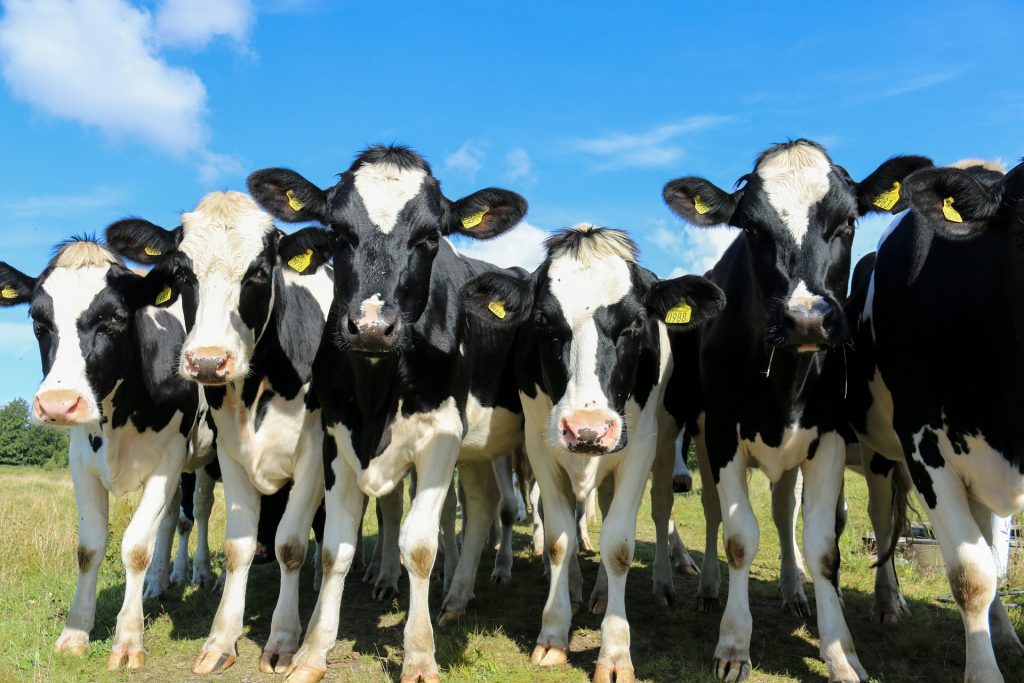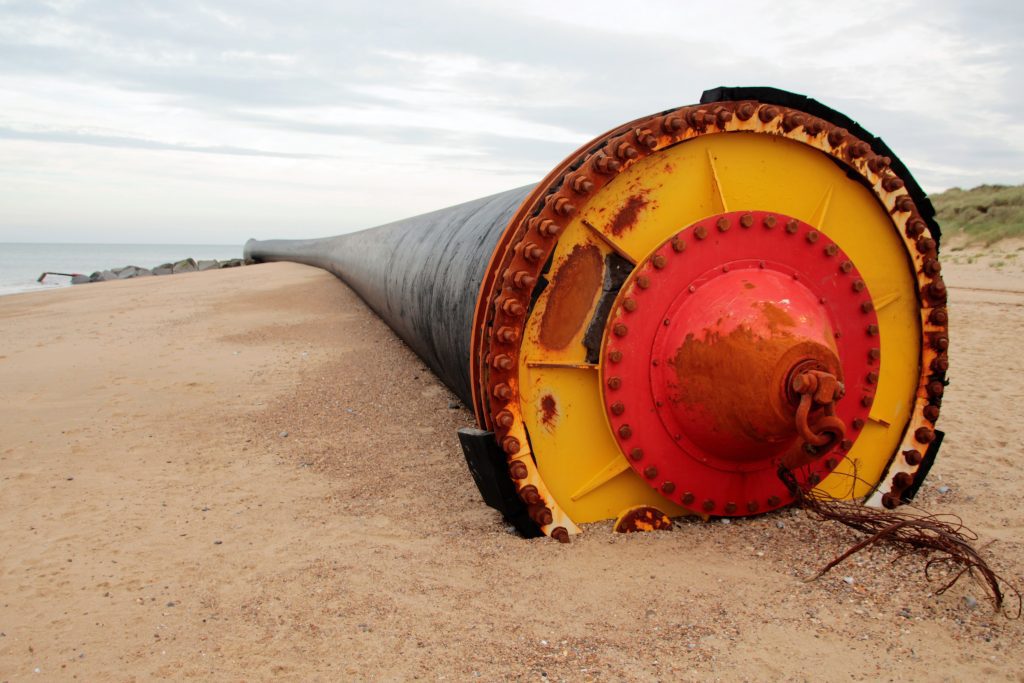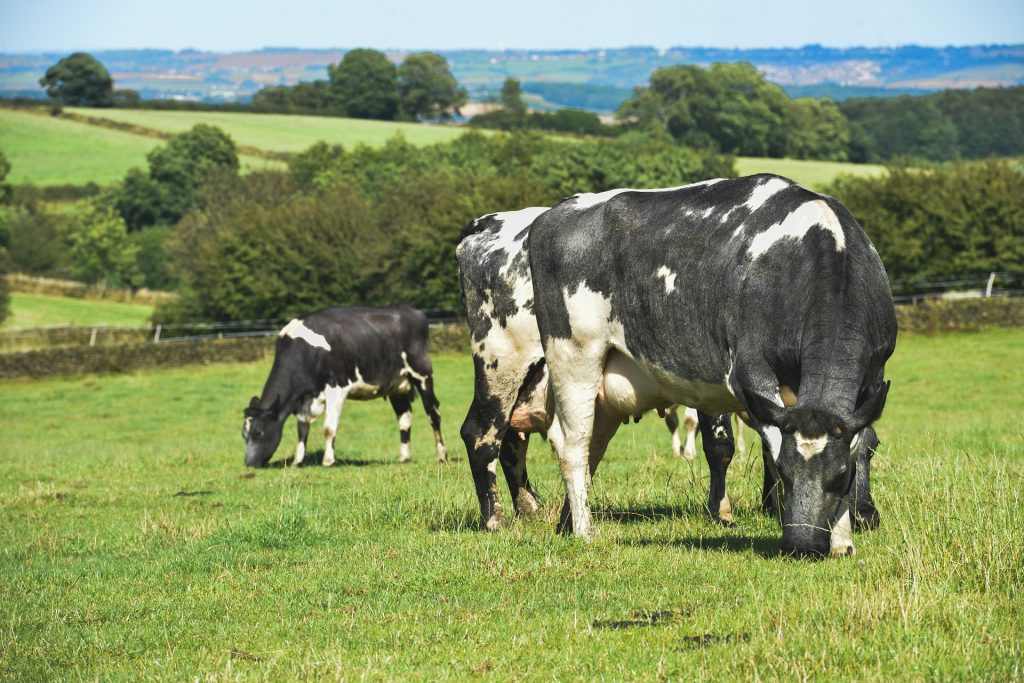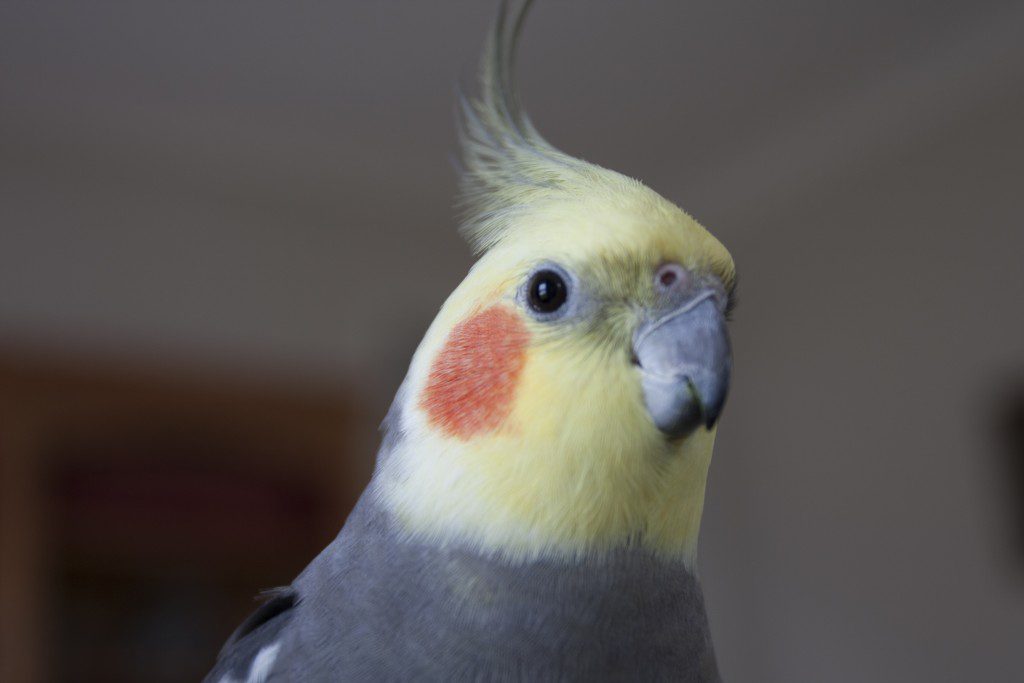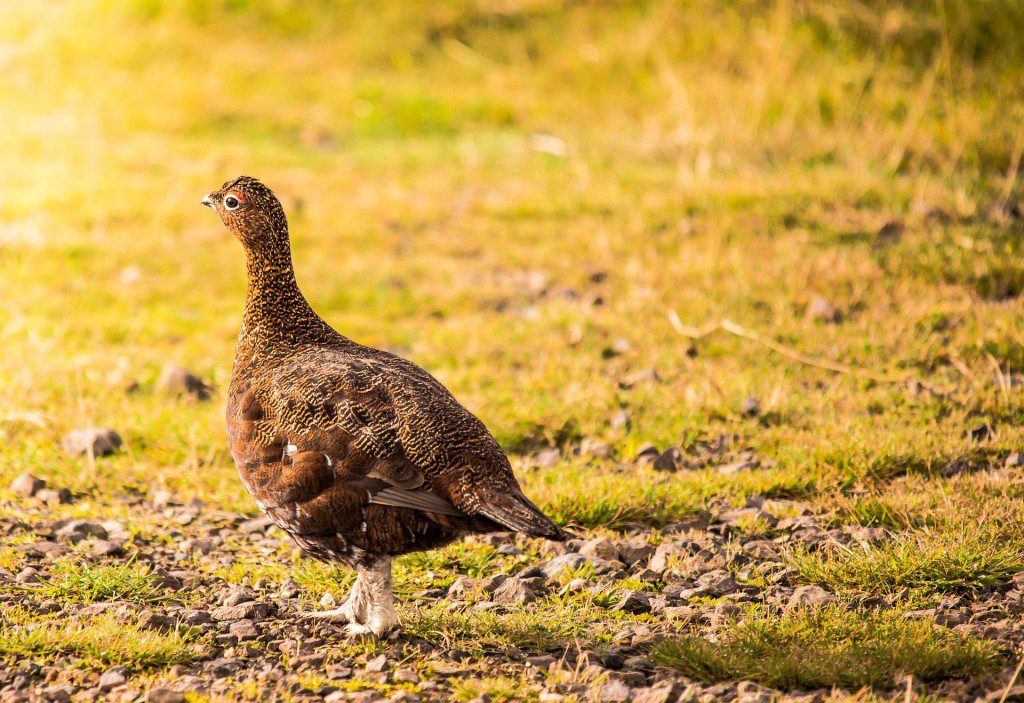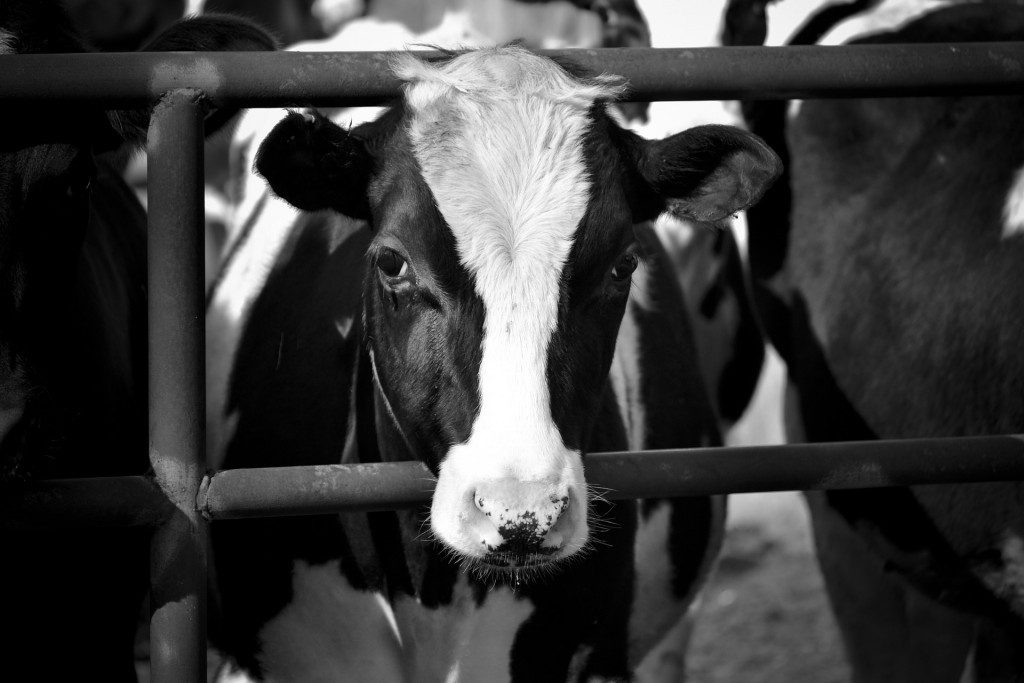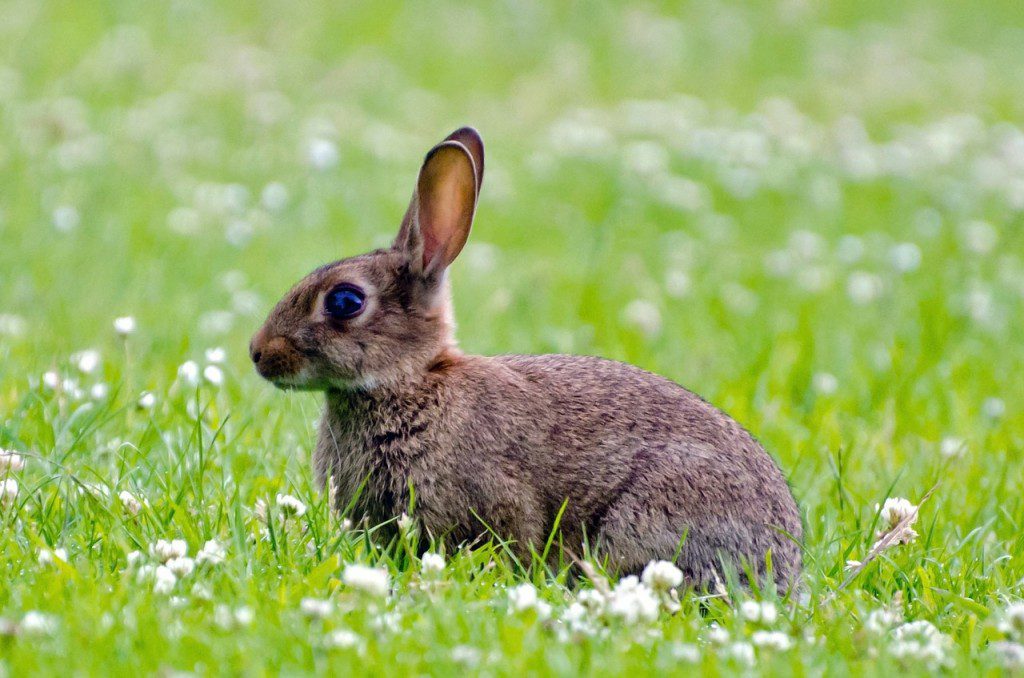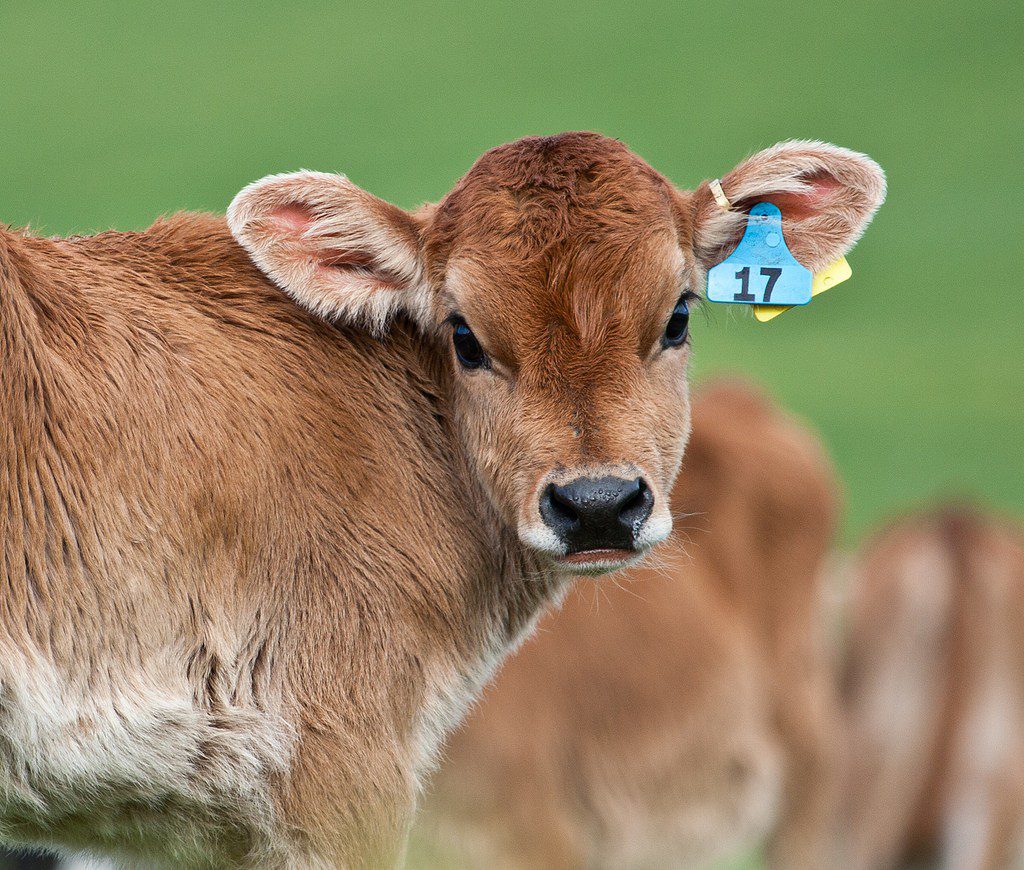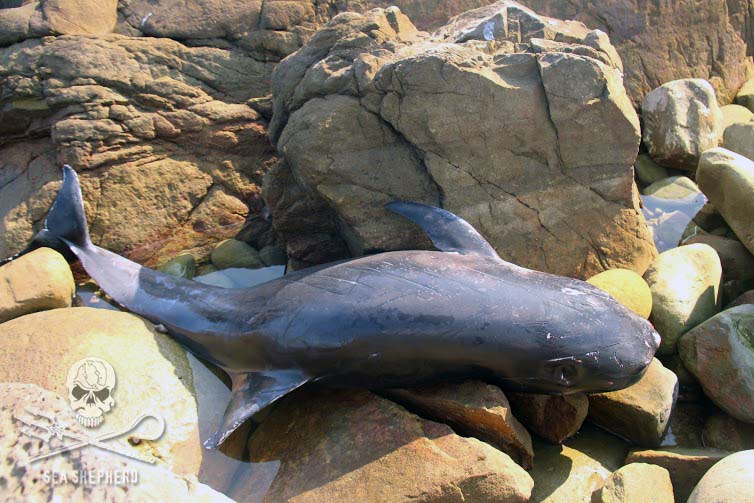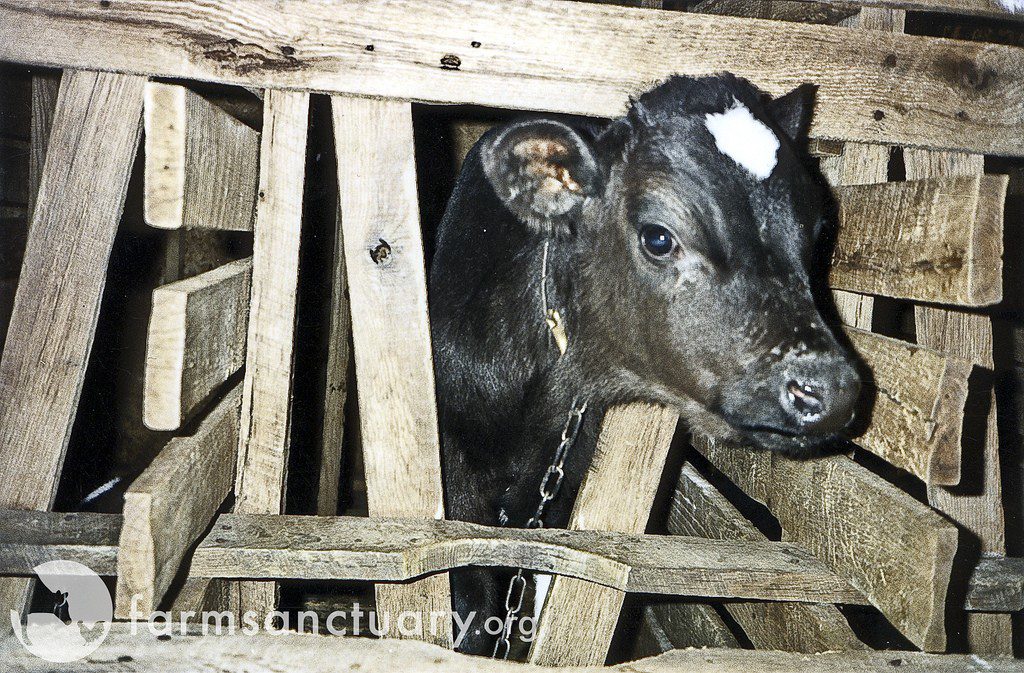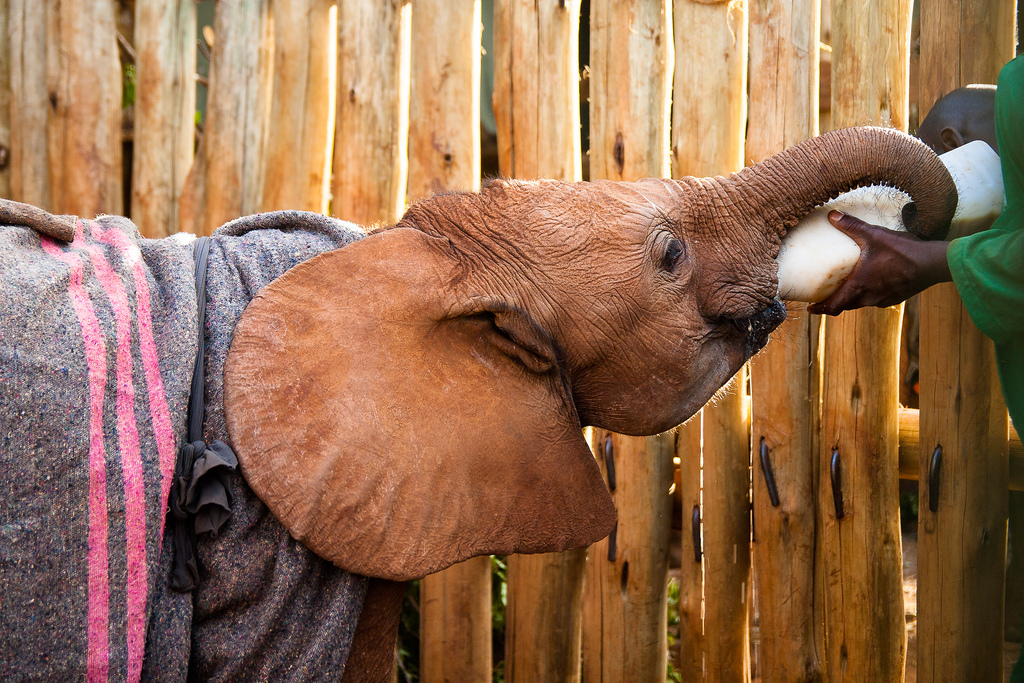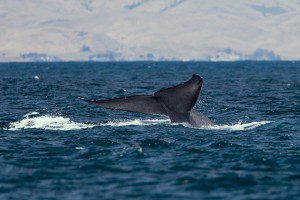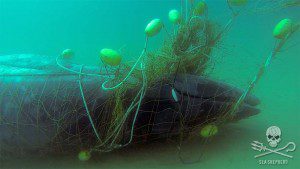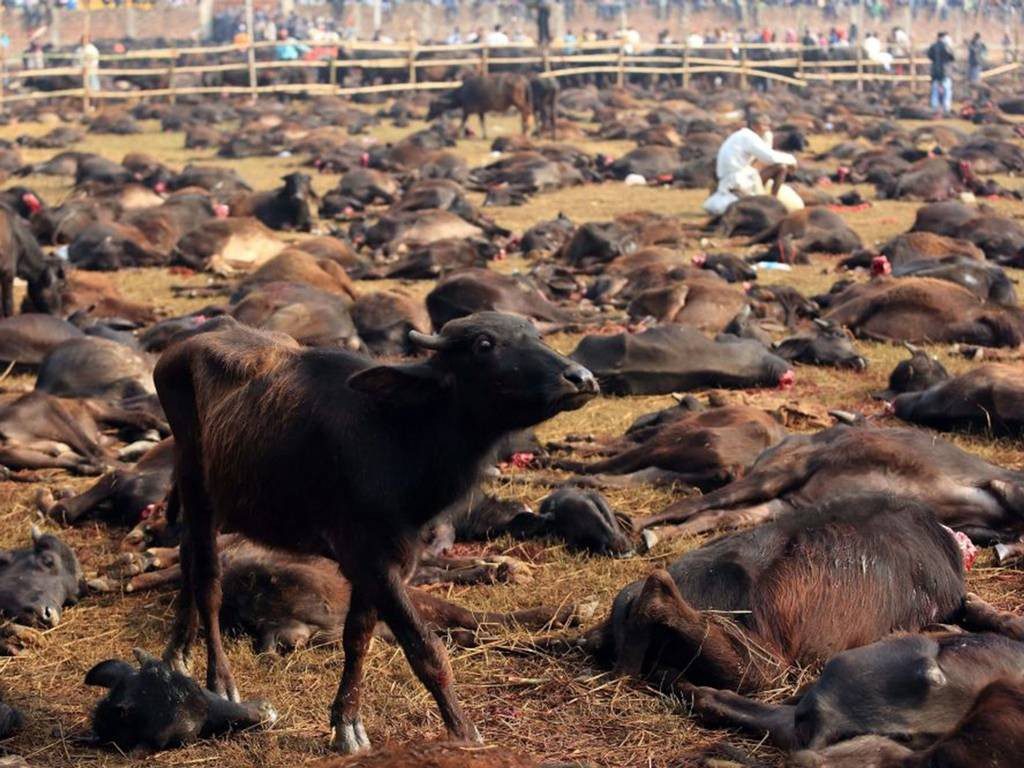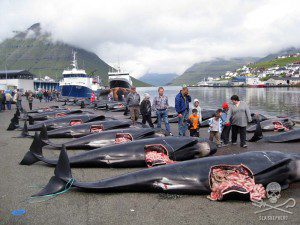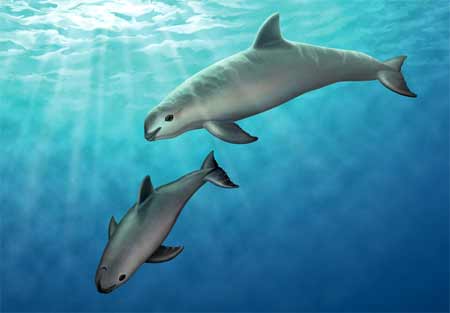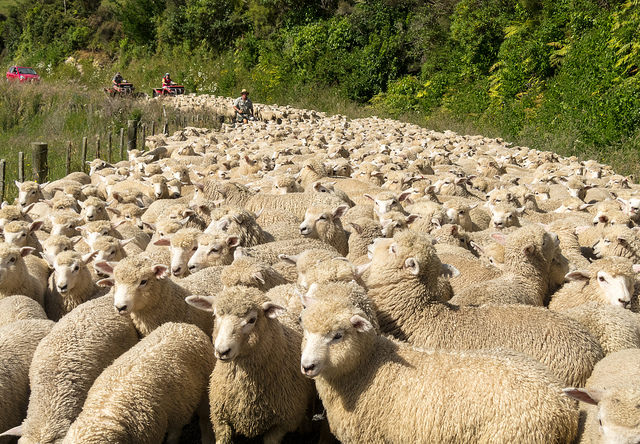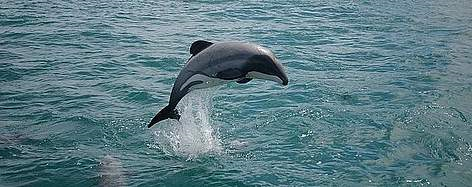
At the National Trust Blickling Estate, I look across the lake to the stately home. A Grey Heron is poised like a statue on the grassy bank. Jackdaws gather in the treetops, and I hear a Song Thrush. Two Great Crested Grebes dive close to the reeds where I saw a nest last year, opposite the bank with the ‘No Dogs’ sign the size of a beermat. As the sun sets, the parkland is peaceful. There isn’t a free-roaming dog in sight. But this is rare.
I can see why dogs are popular pets. Their companionship is good for mental health, they keep us active, and some people may even foster a closer connection with nature through walking their dog. Dogs are part of the family, so we want to give them a good life, and this includes exercise outdoors. But what about the impact on nature of 13 million dogs kept as pets in the UK?
Continue reading
